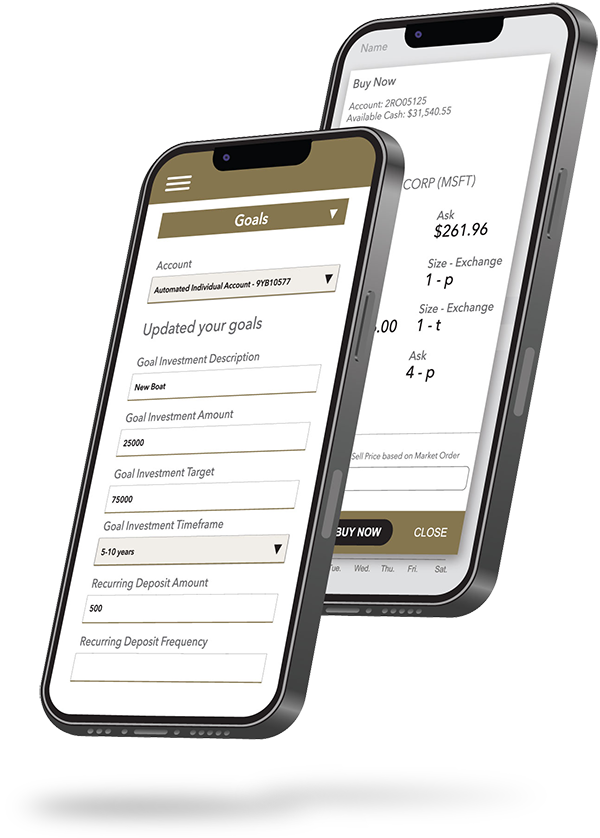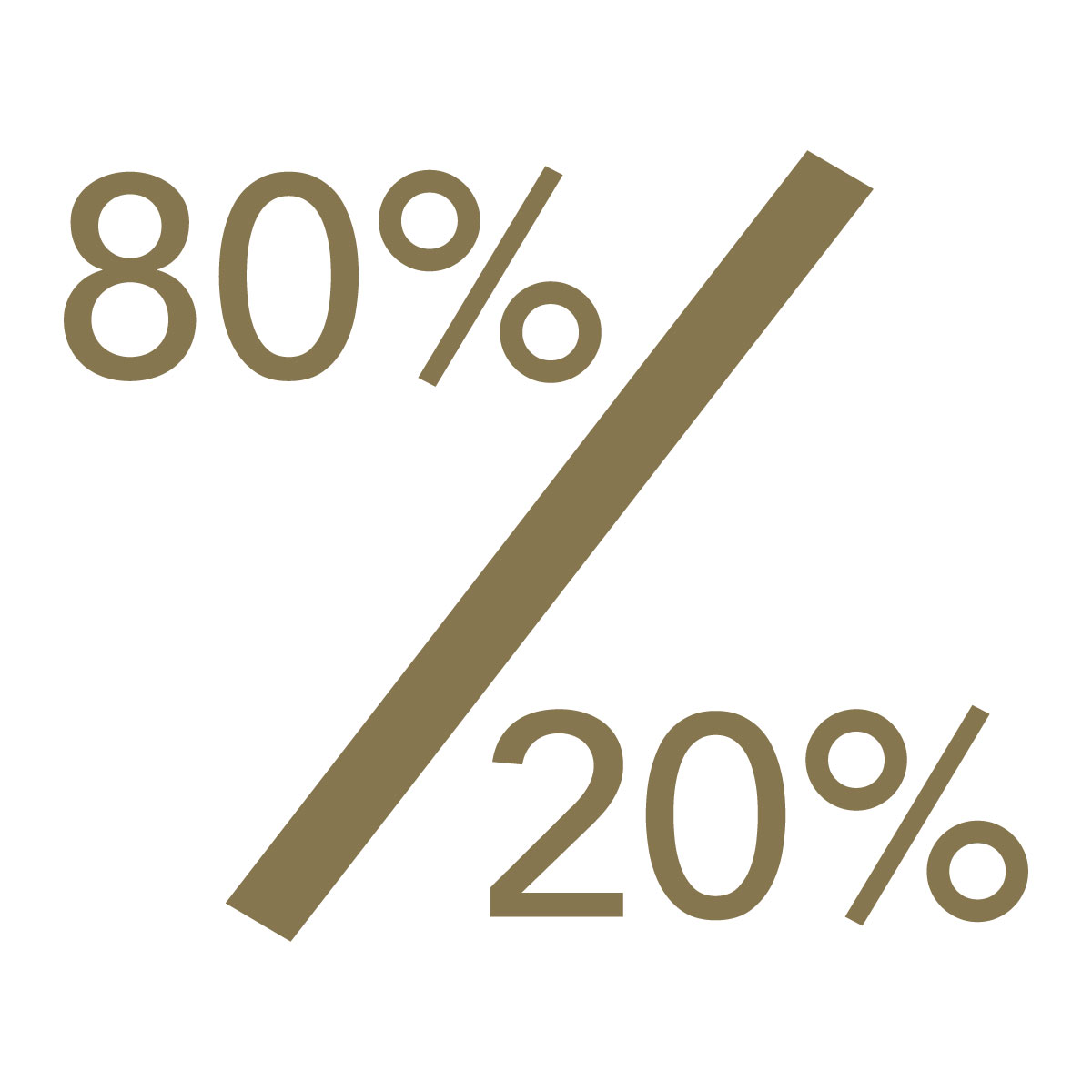This content has been archived. It may no longer be relevant
Smart Investors are Smart Spenders
All investors have different Amounts of Money to Spend & Save!

The amount of money earned per month can be very different depending on age, circumstance, and income.
Despite this, it's critical for all investors to know what their money is being spent on and how much money is coming in each month. If an investor doesn’t have a handle on their spending, they might not have a robust plan for disciplined saving, or worse still, may not have a plan to save at all.

Some investors find it helpful to approach saving with hard rules on how they’ll spend their income. One popular way to allocate spending and saving is the popular 80/20 approach. With this approach, 80% of a paycheck or other monthly income is available for spending, while the remaining 20% is used for saving. The savings can be directed to a simple checking account, to buy stock or another investment. There is no one correct decision on where investment savings should be deployed, as there are many different needs among investors. The important point, though, is that saving is taking place. Having a methodical approach to saving, like saving each month or from each paycheck, can have a very beneficial impact on long-term returns.
Saving 20% of income per month, though, may be beyond the ability of many investors. Still, an investor should aim to save as much as possible each month, according to their unique circumstances. If monthly income is not changing, oftentimes the only way to increase savings is to cut expenses. One of the most important expenses to cut is high-interest payments for personal loans or credit cards. It is very difficult to make satisfactory returns investing when one has high-interest loan payments each month. Warren Buffet has commented on this too, saying, “You can’t go through life borrowing money at those rates and be better off.”
Of course, other expenses may be reduced as well, but it’s most helpful to pay off high-interest debts first, moving on to other expenses when those debts have been reduced or eliminated. One tried-and-true method to keep track of debts and track spending is with a monthly budget.
In a proper monthly budget, you should make sure to identify and itemize all your different expenses. By doing this, you’ll be able to track where your spending is going, like entertainment or eating out. With this information, you could easily identify where spending might be reduced. Perhaps you could eat out less or spend less on entertainment or groceries. These again will be personal choices according to the circumstances each investor finds themselves in. But without a budget, these opportunities to decrease spending and increase saving could be missed.
If you’re looking for education on budgeting, spending, or setting up a methodical approach to saving, look no further than Linden Thomas & Company’s Investor Institute. There you’ll find a repository of nearly 30 years of research and proprietary insights, where you can learn and invest using the same tools like professionals.
Today!
